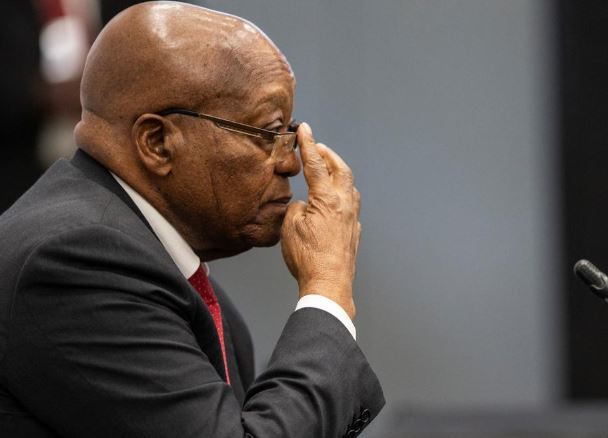×
The Standard e-Paper
Join Thousands Daily

Former South African President Jacob Zuma (pictured) said on Tuesday he had received a death threat after his testimony the previous day to a corruption inquiry, in which he denied allegations of graft and said his enemies had plotted decades ago to get rid of him.